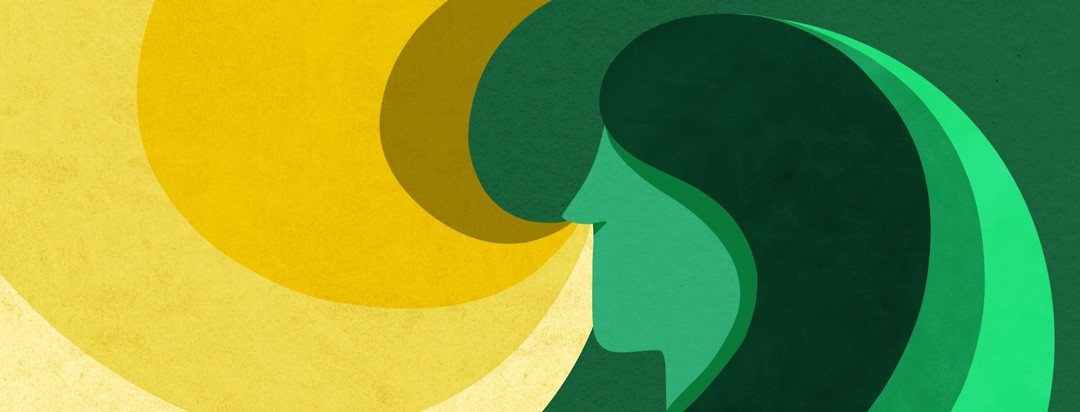Why Is Pollen An Asthma Trigger?
What exactly is pollen? According to the Oxford dictionary1, pollen is:
noun "A fine powdery substance, typically yellow, consisting of microscopic grains discharged from the male part of a flower or from a male cone. Each grain contains a male gamete that can fertilize the female ovule, to which pollen is transported by the wind, insects, or other animals".
Essentially, pollen is a tiny grain-like particle that is released for a plant to reproduce. Pollen comes from many different sources in the plant world; it can come from grasses, weeds, trees, and flowers. Some trees, like almond and apple, and most flowers are pollinated by insects. Other trees, grasses, and weeds are not pollinated by insects and must reproduce through the help of the wind.
Pollen allergies throughout the seasons
Trees and plants release their pollen throughout the year and some only release pollen during certain seasons. The amount and type of pollen also depends on where you live.
Trees such as hazel, birch, willow, oak, and elm release their pollen in the spring. Summer is the season for grass and weed pollen to be released.2 You may only feel pollen allergies during certain seasons because you may be allergic to specific grasses, weed, or trees.
Why is pollen a trigger for your asthma?
Similar to animal dander and air pollution particles, pollen is very small and easy to inhale through the nose and mouth. In Latin, the word pollen literally means "fine dust". The size of pollen also makes it easy to be blown about by the wind.
A warm, breezy day in spring or summer sounds lovely, but this could be one of the worst days for pollen. Additionally, you may feel your pollen allergies worsen during a thunderstorm. Pollen can absorb moisture during a thunderstorm, burst into smaller pieces from the rain, and then be blown about in the storm winds.
Immune response
When you inhale pollen, your body treats the tiny particles as an invader, like unwanted bacteria. Your body then produces histamine as a defense response, which in turn leads to itchy red eyes, a runny nose, more mucus, inflammation of airways, and drowsiness.1
Pollen allergies
If you have allergy-induced asthma, the most common type of asthma, then you will probably experience these symptoms plus your typical asthma symptoms. If pollen is indeed a trigger for you, inhaling it will likely cause your air passages to swell and tighten. Thus leading to asthma symptoms such as difficulty breathing, coughing, and wheezing.3
Avoiding pollen
Avoiding pollen is easier said than done. If you are allergic to pollen, one of the best things you can do is check what the current pollen count is. If there is a high amount of pollen in the air, it is advisable to stay indoors. You can check your local pollen count here by typing in your zip code, and this tool even tells you what plant or tree is releasing pollen.4 Take advantage of the days with low pollen counts and spend your time outside.
Keep your home and car windows closed on high pollen days. If you have to go outside, cover your face with a mask or scarf. After being outside, consider changing your clothes and showering. Since pollen is so small, it can easily stick to your face, clothing, and in your hair! Before being exposed to pollen, it may also be wise to pre-medicate and carry your inhaler/rescue inhaler with you.
Pollen allergy and asthma
Do you have a pollen allergy? What season of pollen is most challenging for you? How do you manage your pollen allergies? Share your story with us.

Join the conversation